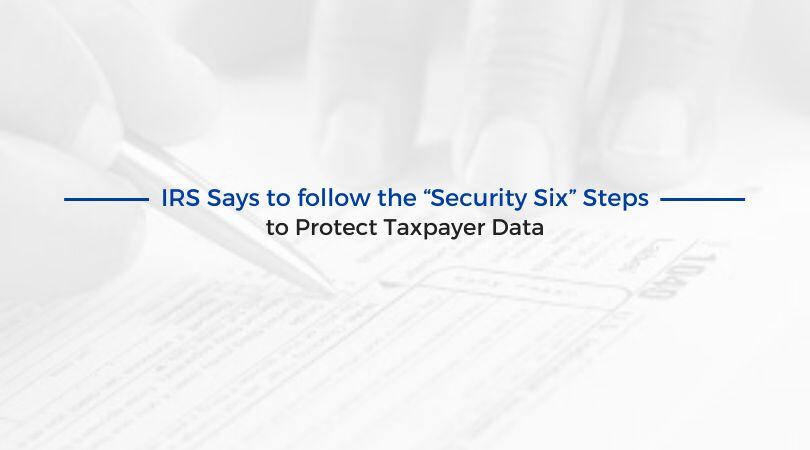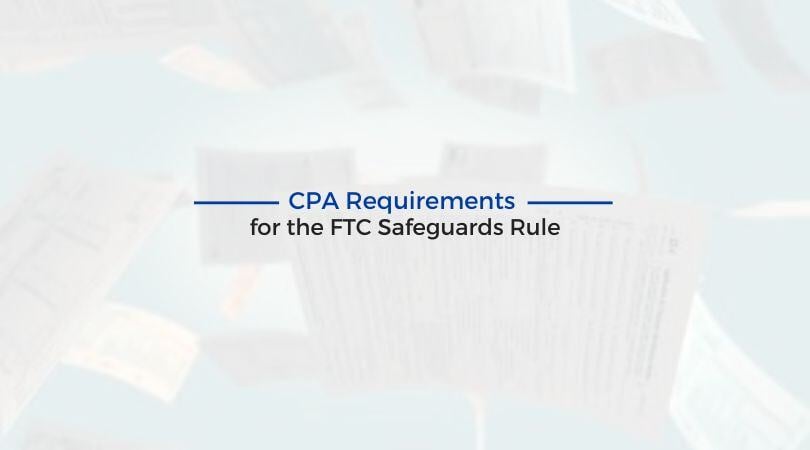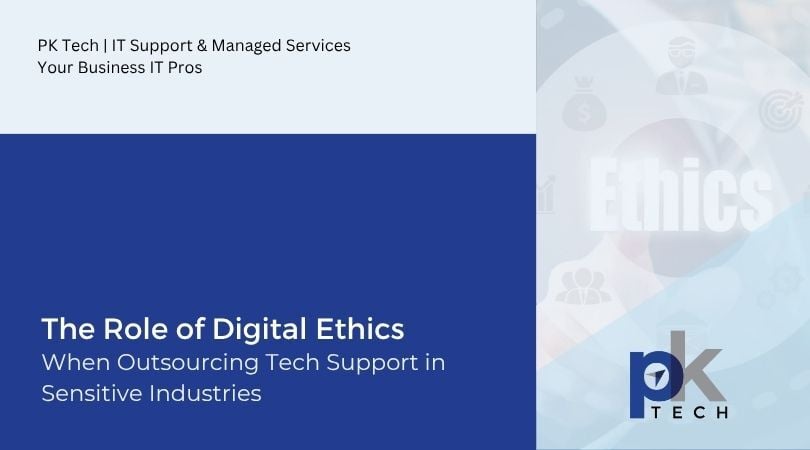IRS Now Requires Multi-Factor Authentication
With the news full of stories of digital security breaches and ransom payments, the IRS is taking action. As the repository of taxpayer information,...
2 min read
Megan Schutz : Updated on November 20, 2024

In an era dominated by digital transactions and interconnected systems, the protection of taxpayer data has become paramount. Ensuring the confidentiality and integrity of this sensitive information not only upholds individual privacy but also safeguards the financial health of the entire country.
To ensure full protection of sensitive taxpayer data, tax professionals should thoroughly review how they safeguard data. Here are six crucial steps that everyone, and especially tax professionals, should follow to fortify the defenses and protect taxpayer data (reference).
As so many things move online, including the filing of tax returns, protecting taxpayer data is becoming both a problem and a challenge. These six security steps will proactively work to secure your data this tax season.
Anti-virus software works by scanning computer files or memory for certain patterns that may indicate there’s malicious software – also called malware – on the device.
Anti-virus vendors actively work to find new issues and update malware protection daily. This is why it’s important for users to install the latest updates of the software.
Firewalls provide protection against outside attackers. The firewall shields computers and networks from malicious actors.
Implement multi-factor authentication to add an extra layer of security. The returning user enters credentials like a username and password. Then, there’s another step, such as entering a security code.
MFA requires users to provide multiple forms of identification before accessing sensitive systems or data. This additional step significantly reduces the risk of unauthorized access, even if login credentials are compromised.
Users should routinely back up critical files on their computers and hard drives to external sources.
For any tax professional or individual that keeps sensitive data on their computer, users should consider drive encryption software. This is especially critical for tax professionals housing multiple clients’ data on their computers.
Drive encryption is also known as disk encryption. It transforms data on the computer into unreadable files. This means only people who are authorized to access the data can do so. Encryption acts as a formidable barrier, rendering data unreadable to anyone without the appropriate decryption keys.
It’s common for tax firm employees to occasionally connect to unknown networks or work from home. If this is the case, the office should establish an encrypted virtual private network (VPN), which allows for a more secure connection.
A VPN provides a secure, encrypted tunnel to transmit data between a remote user over the internet and the company network.
Safeguarding taxpayer data is not just a legal obligation but a fundamental responsibility that underpins the trust citizens place in their governments and those that manage their confidential data. By implementing stringent security measures, tax professionals can create an environment where taxpayer data remains confidential, secure, and resilient in the face of evolving cyber threats.
If you are a CPA, foster collaborations with cybersecurity experts in order to stay up to date on the latest threats and protective measures. Engaging with qualified IT professionals ensures that your organization is equipped with the most current and effective strategies to counter emerging cybersecurity challenges.
With a history of working with CPAs in the Greater Phoenix Area, PK Tech is here to partner with your firm to provide the most up to date preventative IT services. Get in touch with our team today.
-4.jpg)
With the news full of stories of digital security breaches and ransom payments, the IRS is taking action. As the repository of taxpayer information,...

As a CPA firm, you are the guardian of countless pieces of sensitive information. This leads to exceptionally high security compliance requirements –...

Today’s cybersecurity landscape depends on outsourcing tech support for many organizations across industries. Not only can this lead to a safer...